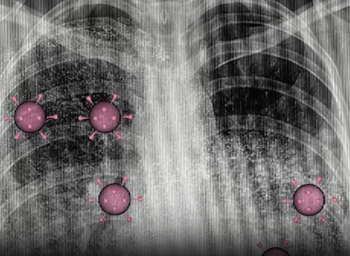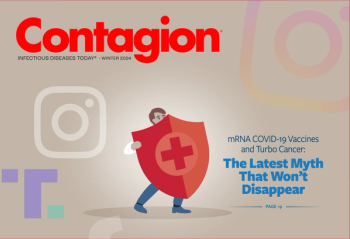
Significant value can be offered through the incorporation of stewardship concepts into infection guidelines, but we must also address the risk and challenges it may impose on health care systems.

Significant value can be offered through the incorporation of stewardship concepts into infection guidelines, but we must also address the risk and challenges it may impose on health care systems.

Here is a novel use of ceftaroline to treat methicillin-resistant Staphylococcus epidermidis ventriculitis in a preterm infant with a ventriculosubgaleal shunt.

In persons living with HIV and diabetes, the management of diabetes is lagging behind the evidence. Despite SGLT-2 inhibitors demonstrating robust clinical data in the general population, they are grossly underused in persons with HIV and diabetes.

These types of infections will continue to rise, and there is a need to understand what we are witnessing and find ways to combat them.

The choice between debridement and implant exchange affects treatment outcomes for Candida-related prosthetic joint infections, highlighting the need for standardized guidelines and further research.

Study questions whether reducing antibiotic treatment duration for pneumococcal bacteremia still ensures effective outcomes and minimizes risks.

Findings from a recent phase 3 trial show promising results for the approval of ziresovir in the treatment of respiratory syncytial virus in infants.

As politics increasingly intersects with science, infectious disease clinicians are called to take on advocacy roles. By engaging with their communities, clinicians can dispel misconceptions, highlight the importance of federal health institutions, and emphasize their role in safeguarding public health and advancing medical progress.

The continuation of misinformation and disinformation being disseminated in the public is causing more public health communication issues as mistruths associate the vaccines with cancer.

View our interactive Winter 2024 digital edition.